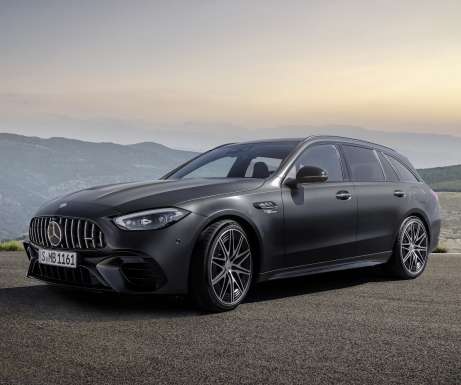ABB partners with Vigor selects ABB as propulsion and energy storage partner for hybrid-electric ferries
Green Car Congress
JUNE 7, 2020
American shipbuilding company Vigor Fab LLC has selected ABB as the hybrid-electric propulsion and energy storage system provider for the newest additions to the Washington State Ferry fleet—the largest US ferry system. The first hybrid-electric Olympic Class ferry will join Washington State Ferries’ fleet in 2024.


































Let's personalize your content